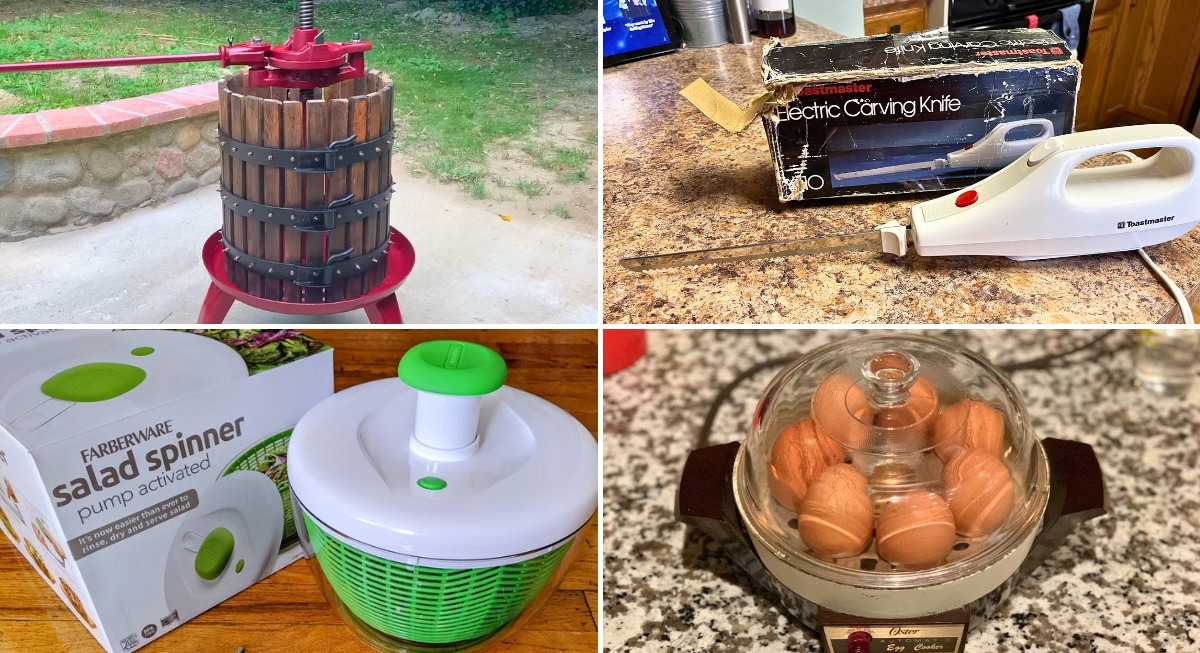Montessori parenting is all about fostering independence, curiosity, and love for learning in your child. It's a way of being that values the child's choice, supports their natural development, and encourages them to explore the world at their own pace. This approach doesn't just apply to education; it's a holistic way of raising confident, responsible, and aware individuals. It involves setting up environments where kids can thrive, offering choices within limits, and modeling respectful communication. Imagine creating a space where your child feels valued, understood, and empowered to learn from their surroundings. That's Montessori parenting in a nutshell.
Show Your Child They Are Important

Credit: iStockphoto
Make it clear your kiddo is a big deal in your world. Listen more than you talk, making eye contact and hearing what they say. When they share their thoughts, validate them. It shows you respect their voice. Spend quality time together without distractions. It's about making those small moments count, letting them know they're your top priority.
Set Consistent Expectations and Limits

Credit: iStockphoto
Kids thrive on knowing what's expected of them. Be clear about rules and why they exist. It's not about strict enforcement but guiding them to understand boundaries. When they know what to expect, they feel secure. Always be consistent; it helps them trust the framework you're setting up. And when they test limits, as they will, gentle reminders work wonders.
Nurture Feelings of Safety Through Routine

Credit: iStockphoto
Routine is like a comfy blanket for kids. It doesn't have to be rigid, just predictable enough to give them a sense of security. Establish a flow to the day with regular times for meals, play, and sleep. This predictability makes the world feel more manageable. Plus, it helps avoid meltdowns (for both of you!). Think of routine as the rhythm of your family life.
Offer Controlled Choices to Show You Value Their Input

Credit: iStockphoto
Kids love to feel in charge sometimes. Give them options within boundaries, like choosing between two snacks or activities. It's empowering and teaches decision-making. Remember, the key is offering choices you're okay with. This approach also cuts down on power struggles. Plus, it's a sneak peek into their preferences and personality.
Show, Don’t Tell

Credit: iStockphoto
Actions speak louder than words. Model the behavior you want to see. They're more likely to mirror that if you're calm and respectful. Show them how to do things rather than just telling them. This could be anything from cleaning up toys to saying 'please' and 'thank you.' It's about leading by example and letting them learn through observation.
Observe Your Child

Credit: iStockphoto
Take the time to just watch your child play and interact. It's not about hovering but understanding their interests and needs. Observation lets you tailor your support and environment to their unique learning style. You'll discover their passions and challenges. Plus, it's a great way to connect on their level. Think of it as gathering intel for being the best parent you can be.
Use Prompting Questions to Encourage Problem-Solving

Credit: iStockphoto
Ask questions that make them think instead of jumping in to fix things. "What could you try next?" is a great starter. It encourages them to find solutions on their own. This builds critical thinking and confidence. It's about guiding rather than telling. And when they do solve something, the pride in their achievement is priceless.
Everything in Its Place

Credit: iStockphoto
A tidy space is more than just neat; it's calming and conducive to learning. Ensure everything has a place, and teach your child to return items after use. This not only keeps your home organized but also teaches responsibility. An orderly environment supports focus and self-reliance. Plus, it makes finding that favorite toy a lot easier!
Foster Independence and Autonomy

Credit: iStockphoto
Encourage your child to do things for themselves, from getting dressed to choosing what to play with. Provide tools and resources that are accessible and child-friendly. This fosters a sense of independence and capability. It might be slower, but it's worth it. Celebrate their successes, no matter how small. It's about empowering them to be confident in their abilities.
Slow Down and Stand Back

Credit: iStockphoto
Resist the urge to micromanage. Give your child the time and space to explore, make mistakes, and learn at their own pace. Slowing down allows them to engage and enjoy the learning process fully. It's tough to step back, but it's essential for their growth. This approach helps build resilience and creativity. After all, the best discoveries often come from the freedom to explore.
Montessori parenting is a rewarding journey that respects and nurtures your child's natural development. By following these tips, you're not just teaching them about the world; you're showing them how to navigate it with confidence, curiosity, and respect.




